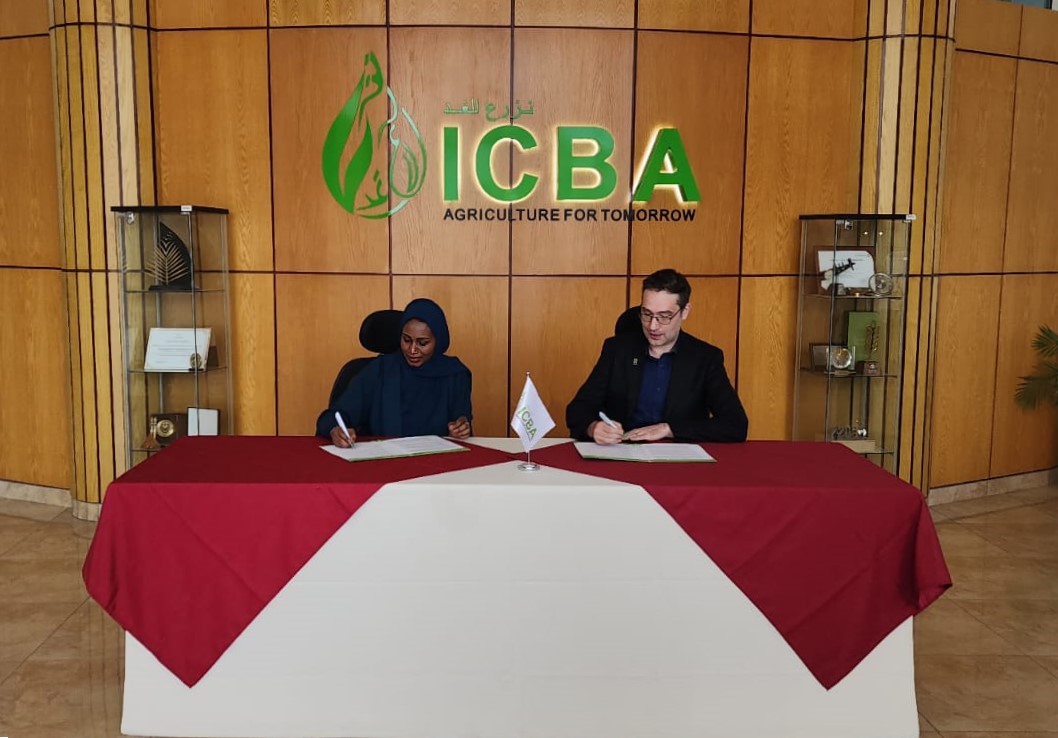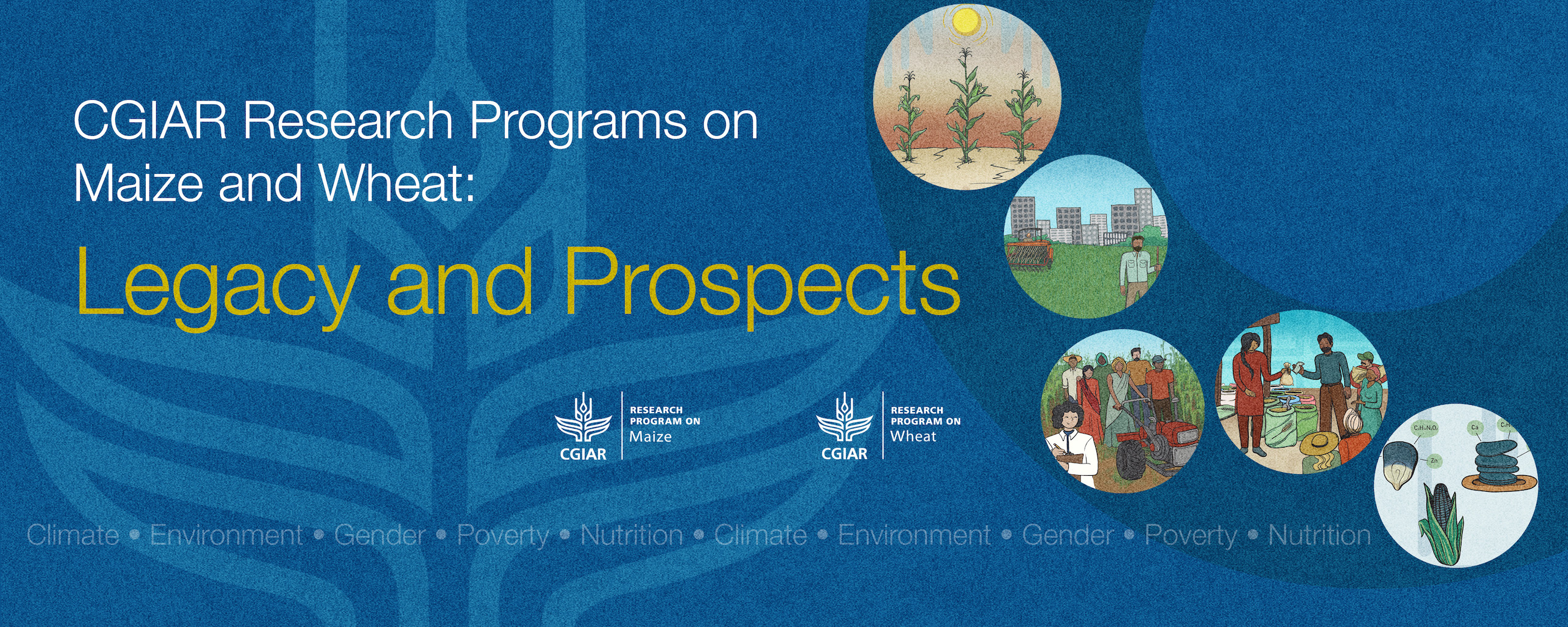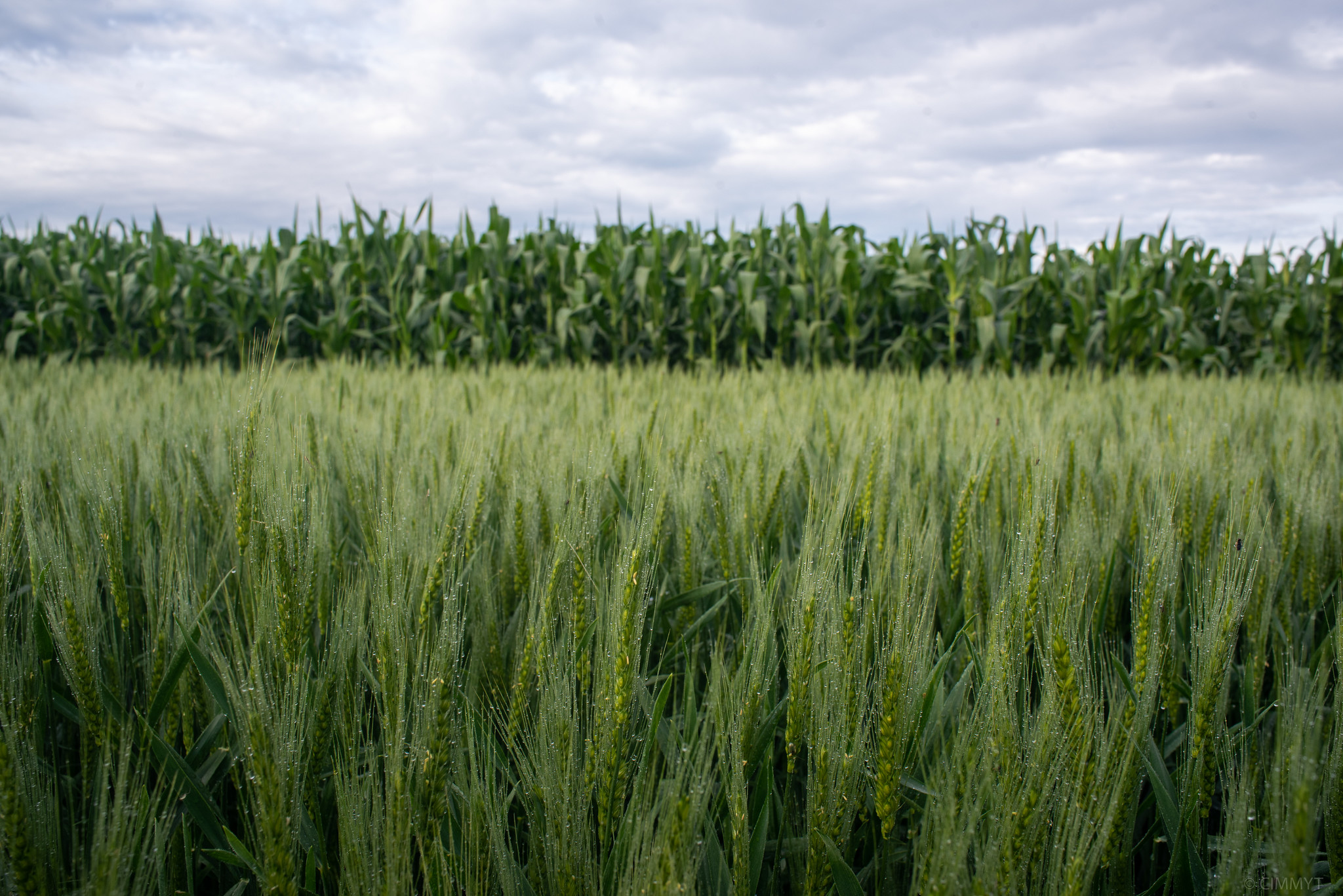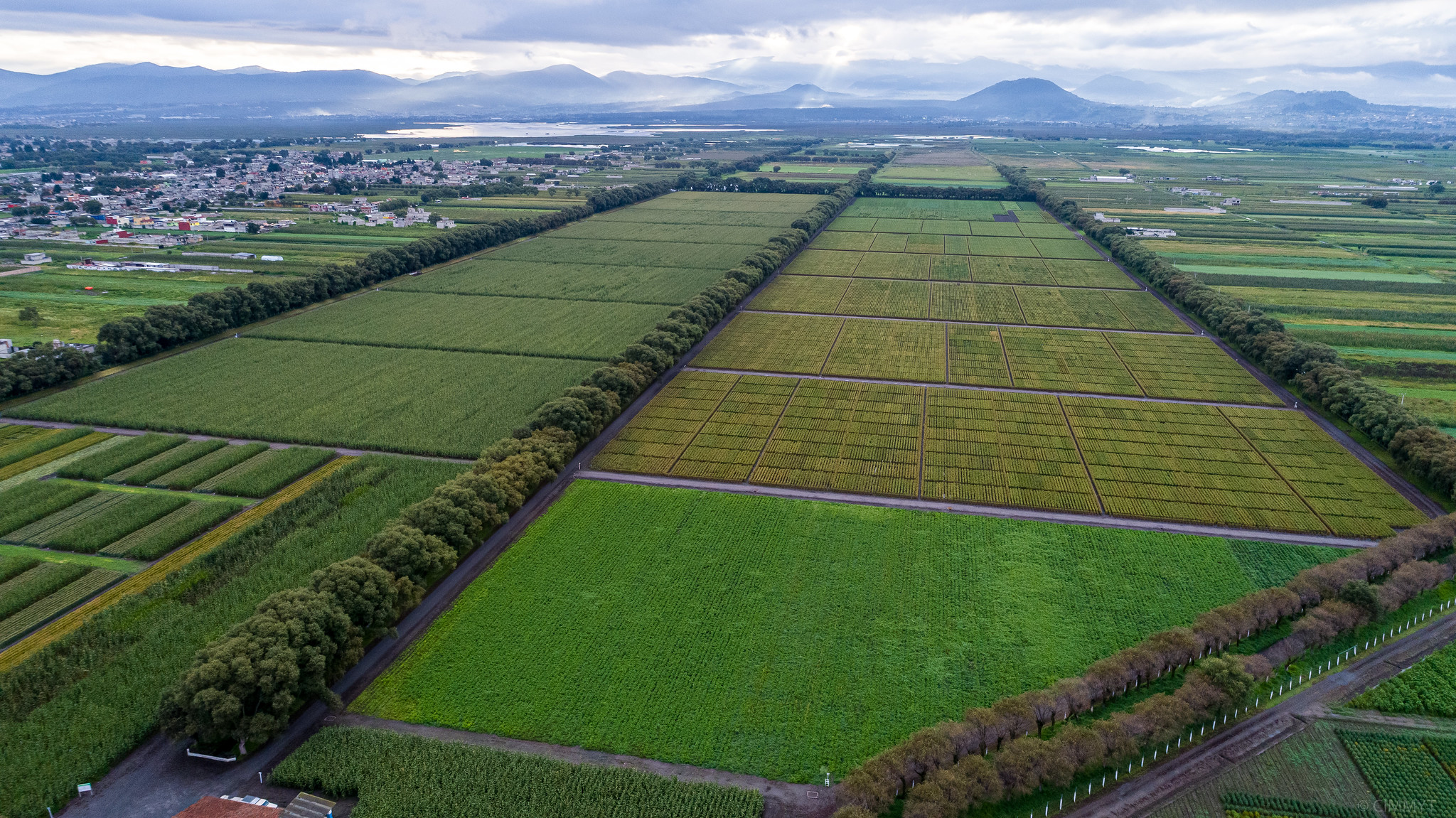
Dubai/Mexico City, 10 January 2024 – An award-winning not-for-profit agricultural research center recognized for its work on sustainable agriculture in the Middle East and North Africa is joining forces with the global organization whose breeding research has contributed to half the maize and wheat varieties grown in low- and middle-income countries.
The International Center for Biosaline Agriculture (ICBA) and CIMMYT have signed an agreement to jointly advance the ecological and sustainable intensification of cereal and legume cropping systems in semi-arid and dryland areas.
“Farmers in such settings confront enormous risks and variable conditions and often struggle to eke out a livelihood, but they still comprise a critical part of the global food system and their importance and challenges are mounting under climate change,” said Bram Govaerts, director general of CIMMYT. “ICBA brings enormously valuable expertise and partnerships to efforts that will help them.”
The specifics of the two centers’ joint work are yet to be defined but will cover soil health, salinity management approaches, crop productivity and breeding, gender-transformative capacity development, and finding markets for underutilized crops, among other vital topics.
Established in 1999 and headquartered in the United Arab Emirates (UAE), ICBA conducts research and development to increase agricultural productivity, improve food security and nutrition, and enhance the livelihoods of rural farming communities in marginal areas. The center has extensive experience in developing solutions to the problems of salinity, water scarcity and drought, and maintains one of the world’s largest collections of germplasm of drought-, heat- and salt-tolerant plant species.
“We are excited about the synergies our partnership with CIMMYT will create. It will focus on a range of areas, but the priority will be given to developing breeding and cropping system innovations to improve farmers’ food security and nutrition, while enhancing water security and environmental sustainability, and creating jobs and livelihoods in different parts of the world,” said Tarifa Alzaabi, director general of ICBA.
Based in Mexico but with projects in over 80 countries and offices throughout Africa, Asia and Latin America, CIMMYT operates a global seed distribution network that provides 80% of the world’s breeding lines for maize and wheat, including many that offer superior yields and resilience in dry conditions and in the presence of crop diseases and pests.
The center is also conducting breeding and seed system development for dryland crops such as sorghum, millet, groundnut, cowpea, and beans, known for their climate resilience and importance as foods and sources of income for smallholder farm households and their communities.
With global and local partners, CIMMYT is also refining and spreading a suite of resource-conserving, climate-smart innovations for highly diverse maize- and wheat-based cropping systems, including more precise and efficient use of water and fertilizer, as well as conservation agriculture, which blends reduced or zero-tillage, use of crop residues or mulches as soil covers, and more diverse intercrops and rotations.
As part of the new agreement, the centers will also explore research collaborations with universities and research institutions in the UAE to develop and test maize varieties that are suitable for the UAE’s climate and soil conditions, as well as organizing training programs and workshops for farmers, extension workers, and other stakeholders in the UAE to build their capacity in maize production and management.
About ICBA
The International Center for Biosaline Agriculture (ICBA) is a unique applied agricultural research center in the world with a focus on marginal areas where an estimated 1.7 billion people live. It identifies, tests, and introduces resource-efficient, climate-smart crops and technologies that are best suited to different regions affected by salinity, water scarcity, and drought. Through its work, ICBA helps to improve food security and livelihoods for some of the poorest rural communities around the world.
About CIMMYT
CIMMYT is a cutting edge, non-profit, international organization dedicated to solving tomorrow’s problems today. It is entrusted with fostering improved quantity, quality, and dependability of production systems and basic cereals such as maize, wheat, triticale, sorghum, millets, and associated crops through applied agricultural science, particularly in the Global South, through building strong partnerships. This combination enhances the livelihood trajectories and resilience of millions of resource-poor farmers, while working towards a more productive, inclusive, and resilient agrifood system within planetary boundaries. CIMMYT is a core CGIAR Research Center, a global research partnership for a food-secure future, dedicated to reducing poverty, enhancing food and nutrition security and improving natural resources.
For more information or interviews:
CIMMYT
Sarah Fernandes
Head of Communications
s.fernandes@cgiar.org
ICBA
Abdumutalib Begmuratov
Head of Knowledge Management and Communications
a.begmuratov@biosaline.org.ae

 Capacity development
Capacity development 
